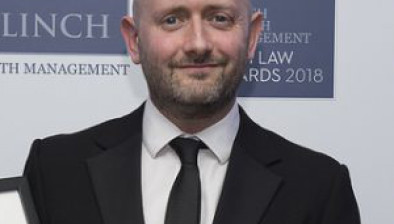Clarification sought on ODCE chief’s inability to submit report to Oireachtas committee

The corporate watchdog legal adviser who led the botched investigation into the former Anglo Irish Bank chairman Seán FitzPatrick has asked why his former boss cannot submit a report on what happened to an Oireachtas committee, The Irish Times reports.
Kevin O’Connell, who worked for the Office of the Director of Corporate Enforcement (ODCE), wrote to the watchdog last week, indicating his disappointment over the decision not to furnish the committee with a report on why Mr FitzPatrick’s trial over concealed loans collapsed.
Director of Corporate Enforcement Ian Drennan had offered a 415-page report to the Joint Oireachtas Committee on Business, Enterprise and Innovation, an offer which he rescinded after the committee was unable to give him the same legal immunity upon publication of the document that it would afford its own members.
He is concerned that it would leave him open to “litigation risk and associated financial exposure” from individuals mentioned in the report.
Mr O’Connell told Mr Drennan he would have the defence that reporting to the committee was a lawful discharge of statutory functions.
“I find it difficult to reconcile how you could, at one and the same time, be satisfied that the disclosure would be a lawful discharge of your statutory functions, and yet apprehensive that taking that lawful step might expose your office to litigation risks, for which it would not be adequately protected,” he said.
He also expressed his confusion at the fact a 3,000-page report could be submitted to the Minister for Enterprise on the investigation but a 415-page could not be given to the committee.
“I am therefore at a loss to understand why litigation risks should be a hazard under one of those limbs but were apparently not a problem under the other,” he wrote.
Mr FitzPatrick’s first trial collapsed in 2015 after the court heard that Mr O’Connell shredded papers pertinent to the case as a consequence of enormous stress and a background of mental health problems.
In 2017, the judge ended the retrial on the basis the ODCE had coached witnesses and tainted evidence.









